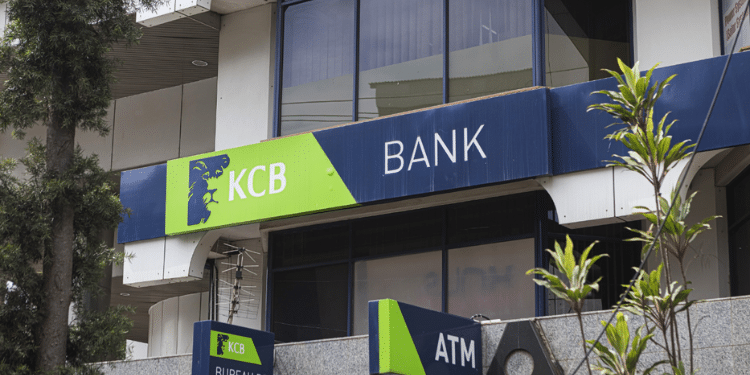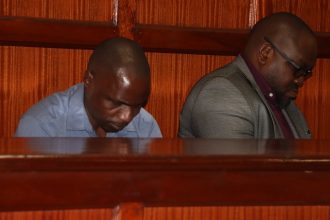Kenya Commercial Bank (KCB) is once again battling a reputational storm following explosive allegations that its South Sudan subsidiary facilitated suspicious financial transactions linked to top South Sudanese military elites—some of whom are under United Nations sanctions. The claims, first highlighted in investigative reports by The Sentry, point to potentially serious lapses in anti-money laundering enforcement under KCB’s leadership.
The damning revelations first surfaced in The Sentry’s 2016 report titled War Crimes Shouldn’t Pay. The U.S.-based watchdog documented how large sums of money were deposited into KCB accounts owned by high-ranking South Sudanese military officials. The most shocking case involved General Gabriel Jok Riak, who allegedly received over $367,000 in his KCB account in 2014 alone—despite an annual official salary of just around $35,000.
Another prominent general, Reuben Riak Rengu, reportedly moved over $3 million through his KCB account between 2012 and 2016. Investigators found no clear explanation for these deposits, raising strong suspicions that the funds originated from war profiteering, state corruption, or illicit business dealings. These transactions, according to The Sentry, would have set off red flags in any institution with robust anti-money laundering systems.
Leadership Denies Any Wrongdoing
In response to the international uproar, KCB Group issued a formal statement on December 9, 2018, through the Business & Human Rights Resource Centre. The bank denied all allegations of money laundering and maintained that it operates in full compliance with national and international anti-money laundering (AML) laws.
“KCB Bank South Sudan has consistently complied with all applicable laws, including freezing any accounts flagged under UN sanctions,” the bank said. “We have supported economic activity in South Sudan since 2006 and remain committed to responsible banking.”
KCB added that it had engaged with the UN Panel of Experts and other relevant stakeholders and reserved the right to pursue legal action against those peddling what it termed “inaccurate and defamatory claims.”
Public and International Concern Remains
Despite the bank’s denial, critics argue that the leadership at KCB has failed to address the core issue—how such large transactions slipped through internal compliance checks in a conflict zone widely known for corruption and war crimes.
“What we see here is a major failure in oversight,” said a Nairobi-based financial analyst who requested anonymity. “KCB may not have physically laundered money, but their systems, under the current leadership, allowed for massive financial flows that clearly did not match the declared incomes of the account holders.”
Global financial integrity advocates say such cases not only erode confidence in East African banking systems but also threaten Kenya’s standing with international regulators like the Financial Action Task Force (FATF), which monitors money laundering worldwide. Kenyan banks have already come under increased scrutiny due to rising cross-border transactions involving conflict states like South Sudan and the Democratic Republic of Congo.
A Pattern of Lax Oversight?
This is not the first time KCB has faced criticism for weak internal controls. Over the past five years, the bank has also been fined by Kenyan regulators for failing to report suspicious transactions tied to local corruption scandals. In 2020, KCB was one of five banks fined a combined KES 385 million for facilitating questionable transfers related to the National Youth Service (NYS) corruption scandal.
Together with ongoing concerns over non-performing loans, irregular tender dealings such as the controversial Mumias Sugar lease, and internal staff grievances, the South Sudan money laundering claims further tarnish the image of a bank once seen as the gold standard of Kenyan finance.
Calls for Accountability Grow Louder
Civil society groups and financial watchdogs are now calling on the Central Bank of Kenya (CBK) to open an independent investigation into KCB’s operations in South Sudan. Some are also urging Parliament to summon the bank’s senior executives for questioning over the bank’s risk controls and compliance failures.
“If KCB had proper systems, it would have flagged these transactions and reported them,” said one anti-corruption activist. “We cannot have our banks being used to clean the blood money of warlords.”
As pressure mounts, KCB leadership remains in the spotlight. Whether they acted with negligence, incompetence, or complicity remains unclear—but for many observers, the bank’s denials are no longer enough. Transparency, accountability, and reform are now the only ways forward.


